Biological Research
Our research delves into the physical, chemical, biochemical and biological properties of natural products, uncovering their potential to transform health, agriculture, and the environment.

Exploring the biological properties of natural products
At NCNPR, we bring decades of expertise to the study of natural products, focusing on their biological properties and applications. Our research delves into the physical, chemical, and biochemical aspects of natural compounds to understand how they can be applied therapeutically, in agriculture, and for environmental solutions. Through our work in pharmacognosy, molecular biology, and entomology, we aim to identify natural product-based solutions for combating disease, advancing sustainable agriculture, and improving human health.
Our team investigates the various potential of natural products across different fields. These applications include:
- Biological standardization: Ensuring the quality of complex natural mixtures.
- Combating infectious diseases: Developing natural products as antimicrobial agents.
- Boosting immunity: Investigating natural products that enhance the immune system.
- Mitigating chronic conditions: Exploring the potential of natural products to alleviate the symptoms of metabolic syndrome, obesity, diabetes, and inflammation.
- Fine-tuning toxicity: Developing natural products as chemotherapeutic agents with reduced toxicity.
- Sustainable agriculture: Applying natural products for integrated pest management, bioherbicides, and aquaculture remediation.
Pharmacology of Natural Products
Mechanism of Action
Understanding how natural products interact with biological targets to exert their therapeutic effects.
Pharmacokinetics
Studying the absorption, distribution, metabolism, and excretion of natural products in the body.
Pharmacodynamics
Evaluating the effects of natural products on physiological processes and their efficacy in treating diseases.
Molecular biology research
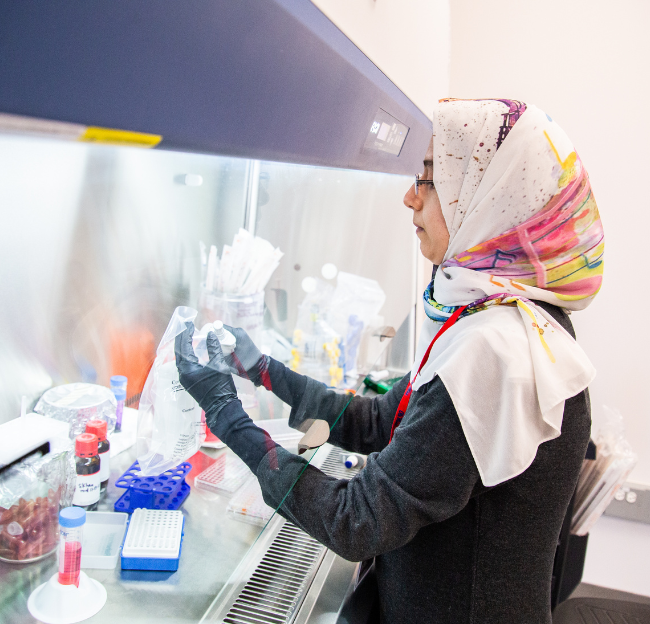

Studying the impact of natural products on cellular pathways
We use techniques like gene expression analysis and cell-based assays to examine how natural products affect cellular pathways involved in cancer, metabolic diseases, inflammation, and immunity. These methods also help us assess how natural products interact with physiological targets, offering valuable insights into their toxicity, potential adverse effects, and drug interactions.
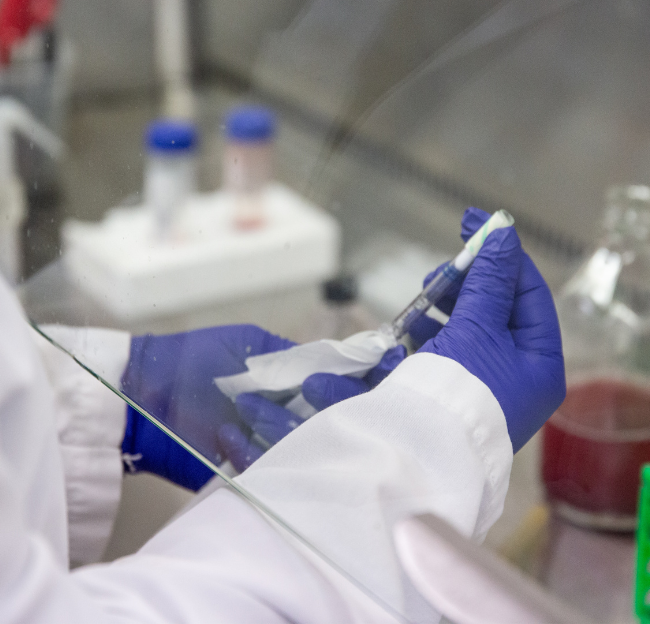
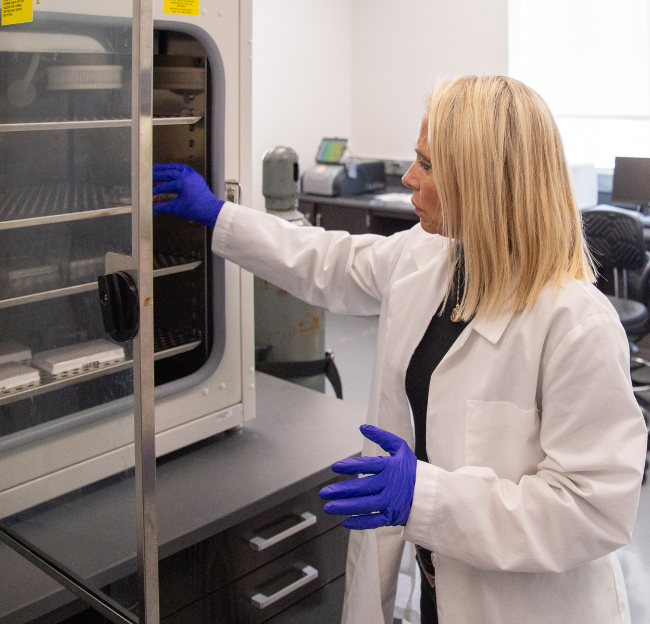
Evaluating the safety and efficacy of natural products
We also use high-throughput new approach methods (NAMs) to evaluate the physicochemical properties, biological and toxicological profiles, and pharmacokinetic and pharmacodynamic characteristics of natural products. These methods are also applied to identify potential adverse effects of cosmetics containing botanical ingredients, helping ensure the safety of natural cosmetics and fragrance products.
Entomological research
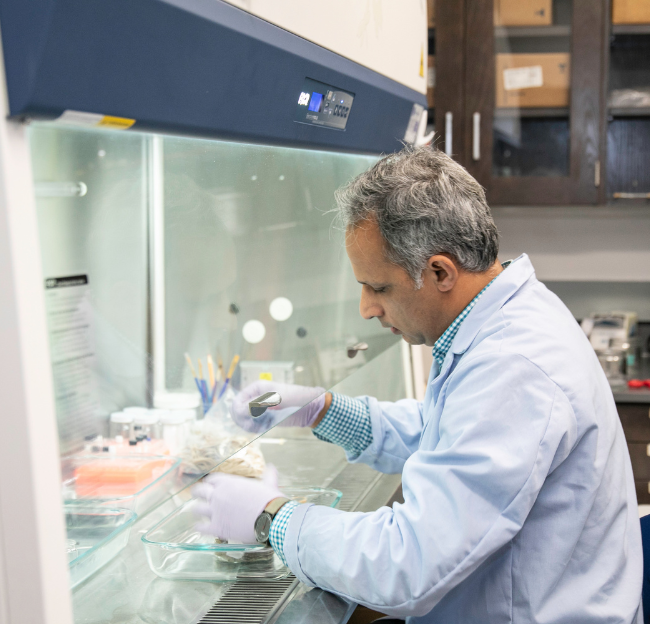
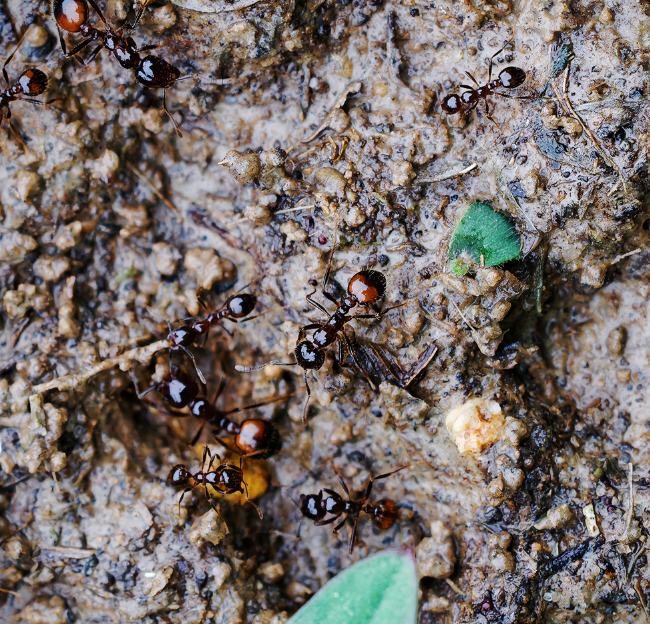
Innovative approaches to ecological protection & public health
Our work includes controlling mosquitoes, fire ants, bed bugs, sea lice and invasive aquatic snails. Entomology research at NCNPR focuses on developing sustainable control strategies that protect ecosystems and minimize harm. Through collaboration with industry and regulatory bodies, we work to implement these solutions in real-world settings, benefiting both agriculture and public health.
Biological research highlights
Exploring the biological activities and drug interactions of licorice
Researchers at NCNPR examined licorice, to investigate its phytochemicals, pharmacological properties, and potential drug interactions. They identified key bioactive compounds like glycyrrhizin and glabridin, which provide anti-inflammatory, antioxidant, and antimicrobial benefits. The team also explored licorice’s effect on cytochrome P450 enzymes, which could influence the metabolism of other drugs.
Insecticidal and repellent properties of Piper crassinervium essential oil
Researchers investigated the insecticidal and repellent properties of Piper crassinervium essential oil and its individual compounds against imported fire ants. The study found that the essential oil exhibited significant insecticidal activity, with certain compounds showing higher efficacy than others. Additionally, the oil demonstrated repellent effects, suggesting its potential as a natural alternative for managing fire ant populations.
Evaluating the immune-enhancing effects of Immulina® in influenza infection models
Our team evaluated the immune-enhancing effects of Immulina®, an extract from Limnospira, in rodent models infected with influenza A (H1N1). The study found that Immulina® significantly improved antiviral resilience when administered before viral infection (prophylactic model), showing reduced weight loss, improved clinical scores, and decreased viral load in the lungs.
Biological research team
Abbas Ali
- Principal Scientist in the National Center for Natural Products Research
Premalatha Balachandran
- Principal Scientist
Heesung Chae
- Research Scientist
Olivia Dale
- Principal Research & Development Biologist
Cathy Gurley
- Principal R&D Biologist
Mona Haron
- Senior Research Scientist
Islam Husain
- Research Scientist
Shabana Khan
- Principal Scientist in the National Center for Natural Products Research and Research Professor in Pharmacognosy
Nirmal Pugh
- Principal Scientist
Junaid Rehman
- Senior Research Scientist
Fnu Kashif Shamim
- Postdoctoral Research Associate
Yu-Dong Zhou
- Principal Scientist
